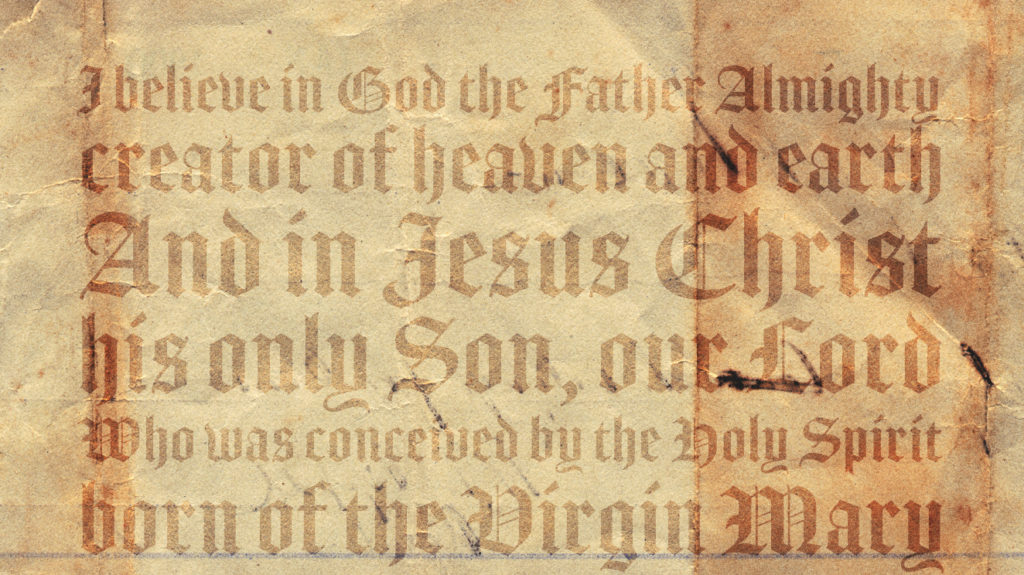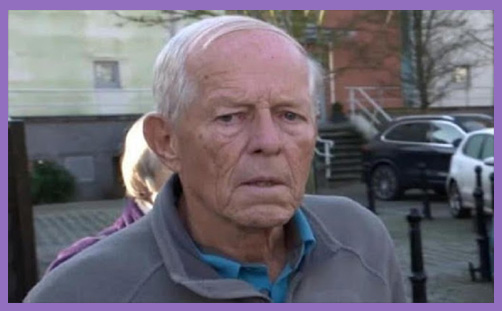
Many people in this country have watched the television mini-series Chernobyl, even though it has not been transmitted by the main terrestrial channels. It is a powerful drama/documentary and helps us to understand the moral bankruptcy of the Soviet system some five years before its final collapse. The judgement of Mikhail Gorbachev, no less, was that the explosion at the plant was the ‘turning point’ that ‘opened the possibility of much greater freedom of expression, to the point that the system as we knew it could no longer continue’.
Viewed from this perspective, the drama and the event that was portrayed in it was less about a nuclear event and more about a once mighty institution being tested by a crisis and failing, lamentably, to respond adequately. The most telling parts of the drama are the exchanges about truth and its control during the course of the drama. To stop the outside world knowing what had happened, phone lines were cut and Moscow rejected an immediate evacuation of the neighbouring town, Pripyat, and the surrounding area. ‘Panic is even worse than radiation’ Boris Shcherbina, a vice-chairman of the Council of Ministers supervising the management of the crisis, declared. As a good party functionary Shcherbina was giving voice to the paranoid communist aversion to ‘alarmism’. This was a crime in the Soviet Union and it could see its perpetrator sent to a labour camp. It was not as though ‘truth’ did not exist within the system, but that the ruling communist system was the arbiter of which truth was allowed to prevail. In one memorable scene, to rapturous applause, Zharkov, a veteran communist and member of the Pripyat governing council, makes a statement espousing rudimentary communist morality to local officials. ‘No one leaves [Pripyat]. And cut the phone lines. Contain the spread of misinformation. That is how we keep the people from undermining the fruits of their own labour.’
The priority of the ‘system’ over truth and the preservation of human life has an eery parallel to the events in America today. It has been apparent for some time that, for Donald Trump, ‘truth’ is what furthers his political future. It has very little to do with reality or the good of the people for whom he has responsibility as President. Lies and false claims of success help to make him feel good about himself, feeding his toxically narcissistic personality. His desire and need to retain power is also obsessive. He enjoys being at the pinnacle of influence, but his enjoyment of such a position is also connected to a fear that, were he to lose it, an avalanche of lawsuits for financial skullduggery and other crimes will descend on him the moment he leaves office. For supporters, Trump’s power and confidence becomes their power. As with cult membership they identify with their leader and share in his ‘achievements’. They have allowed themselves to become merged in some real sense with his personality so they cannot stand apart and see anything wrong in what he says or does. His ‘truth’ has become their truth and they cannot see the high price that they are paying to live in a distorted universe of Trump’s making.
The social situations we have described refer to very different historical settings. But Soviet Russia and Trump’s America have something in common. Both have provided, for some sections of the population, a system or institution that can be relied on and believed in. In both cases what was believed in was rooted in deceit and lies but that did not matter as what was gained appeared to outdo that. Having an institution to lean on, whether Soviet communism or Trumpian triumphalism, removes anxiety and self-doubt – for a time. But each of them provides a reason for not thinking or taking a critical look at what is going on around. In such a situation anxiety is banished, internal calm is restored. It does not matter that the telephone to the world beyond is severed, as long as peace and tranquillity is preserved within the mind of the blind follower.
Trusting that an institution or a person is totally reliable so that you do not have to think things out for yourself is what small children and totalitarian followers do. It is almost as though the ability to think through complex ideas and to have an opinion of one’s own is too hard for many people. It is the situation that allows the instant ready to serve opinions of the Daily Mail and Fox News to flourish. Sadly, the desire to go into a ‘not-think’ state applies to many church people. This blog post often refers to the anti-intellectualism of right-wing fundamentalists in the States, but we are not referring to them at this point. What we are talking about is the failure of many people to challenge institutional thinking or any voice that appears to have authority. We may not think of ourselves as being subject to the decrees of institutions, but intellectual laziness is sadly extremely common. When there is such mental laziness around, those who have power can get away with misusing it. Most of the time it is not appropriate to use the word ‘abuse’ to describe what is going on. Rather we should perhaps speak of acquiescing in an unhealthy power dynamic which is subtly undermining an individual and their capacity for individual agency.
The ‘not-think’ state that exists in churches, as individuals lean on leaders and the institution itself, is part of the reason that makes it difficult for survivors to be heard and the cause of justice generally to prevail. I am well aware that justice for abuse survivors is not the only issue that church people should be fighting for. The fact that there are other rampant injustices towards minorities of all kinds in the church is well known. Each of these deserves to have vigorous spokespeople demanding our attention. The supporters of all these causes will probably have the same complaint. Their fellow Christians are often beset, not by wickedness, but everywhere there is a prevailing apathy, laziness and the pursuit of comfort which distracts them from a proper engagement with the issues. These same forces of apathy, which disengage mind and feeling, allowed the Soviet system to exist for a long time. They also allow Donald Trump to bewitch a large minority of the American people, in spite of the inanity and shallowness of his words and thoughts. The call to lift people out of inert thinking to active engagement with the causes of our time is not meant to be biased towards a particular political party view. It is asking people not to lean on institutions, but to engage individually with the matters of the day using their thinking, their feeling and their consciences.
On a final note we may suggest that both in the State and in the churches we are suffering from a paralysis of leadership. Leadership in these contexts is not telling people what to do or what to think. It is getting people to fully engage with what is going on and use all these abilities of feeling and intellect to grapple with and respond to events. I have yet to hear clear words of leadership from the Prime Minister or our religious leaders. I would like to see some imaginative prophetic thinking going on to suggest how the path to the future should unfold. Things are going to be different for our nation and for the world in general. As things stand, there will be massive costs to be paid for by future generations. Rather than penalise only our children and grandchildren, we should be talking about the costs to our generation, those that need to be met now. From the State I would expect to hear something about increased taxes and from the Church some straight talking about what the institution can realistically afford in the future. Even ‘back of the envelope’ calculations suggest that there is going to be an earthquake ahead in what the church can afford to sustain in terms of its activities The sooner that planning starts in earnest to adjust to this future, the better. Leadership in the Church of England needs to be open. The calamities and failures of safeguarding have been partly as the result of the church, at the leadership level, attempting to hide its crises in secret committees. If the transition to the future, whatever that may involve, is to be a smooth one, we need to hear far more of what goes on behind closed doors. Institutional self-protectionism is no longer appropriate. The institutionally dictated attitudes that have failed us in many safeguarding events need to be overcome. We need to feel that the church authorities are truly on our side.








